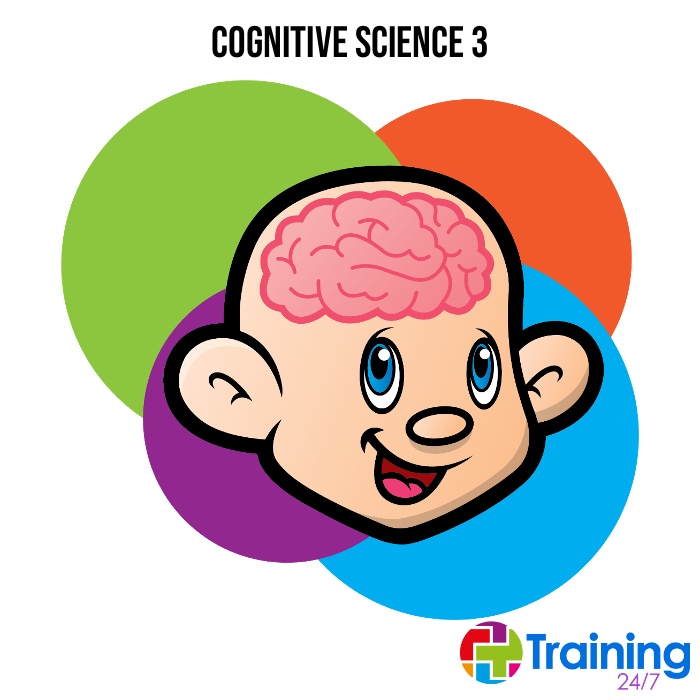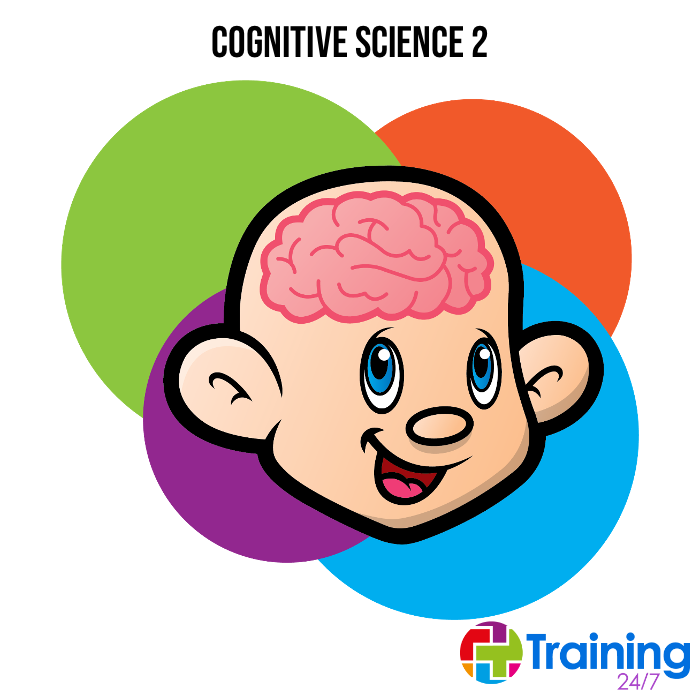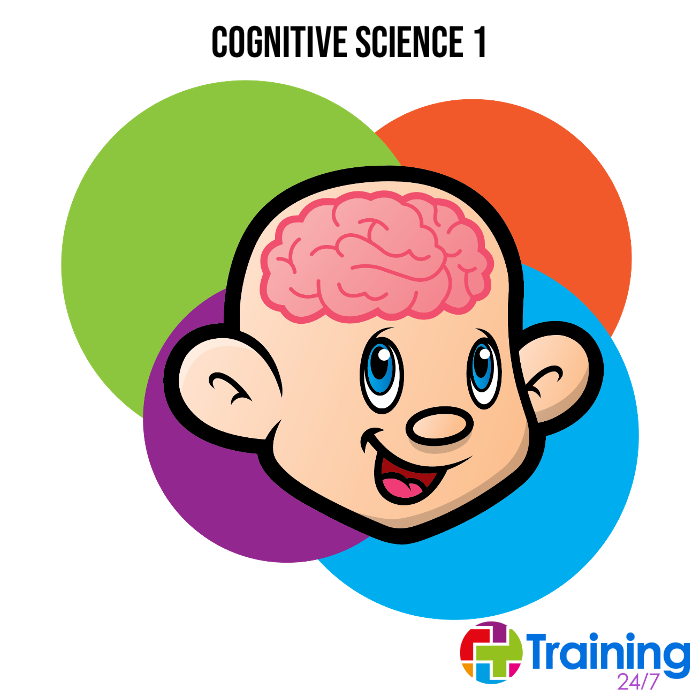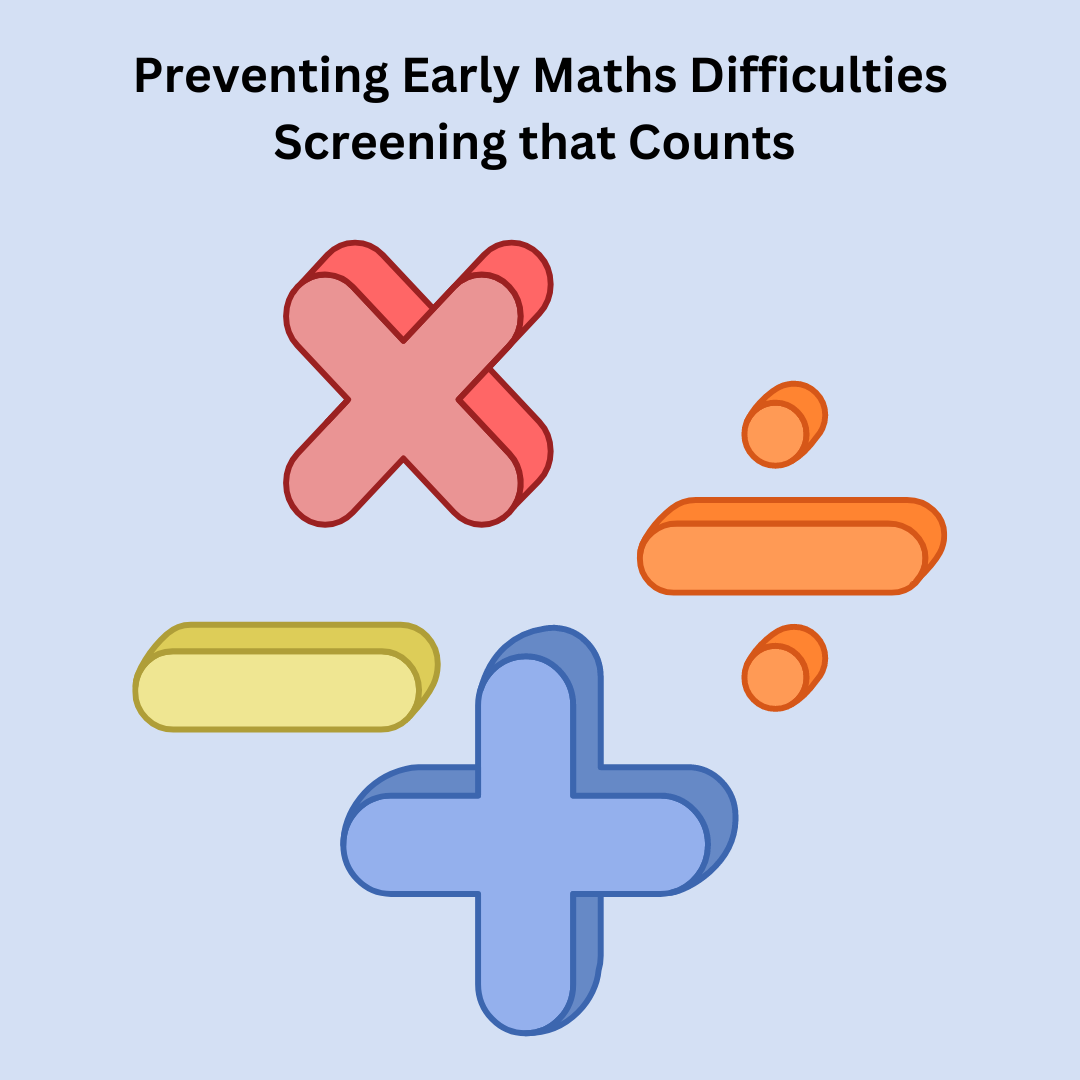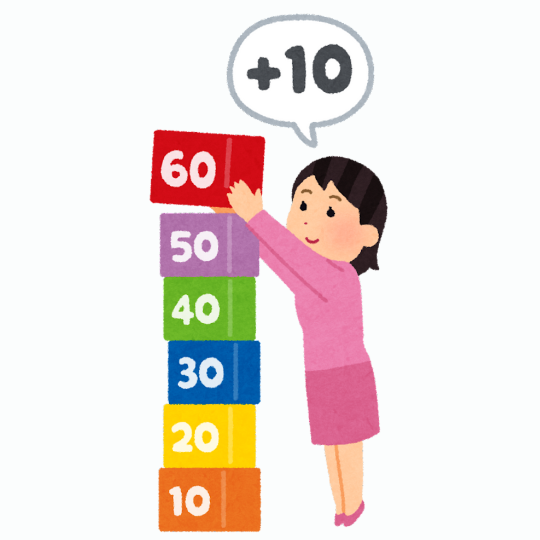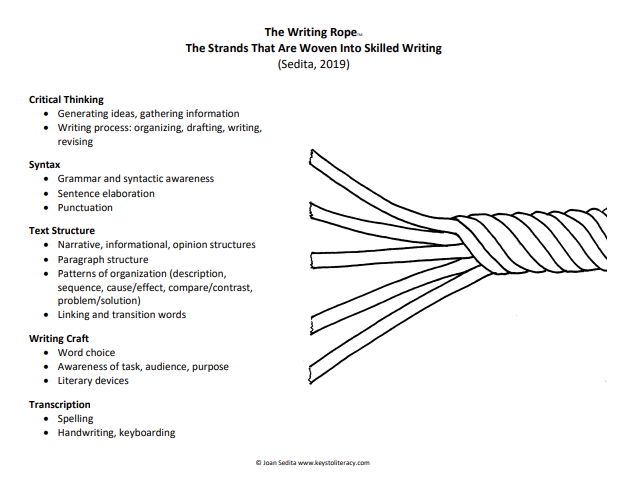
Despite the increasing use of digital devices, handwriting remains an essential skill. Developing good handwriting habits in the early...
Despite the increasing use of digital devices, handwriting remains an essential skill. Developing good handwriting habits in the early years establishes a foundation for a lifetime of effective written communication. Children who struggle with handwriting may feel frustrated, embarrassed,...
Despite the increasing use of digital devices, handwriting remains an essential skill. Developing good handwriting habits in the early years establishes a foundation for a lifetime of effective written communication. Children who struggle with handwriting may feel frustrated, embarrassed, and ashamed of their work, which can lead to a sense of failure and inadequacy. This can negatively impact a child's self-esteem, confidence, emotional well-being and overall social development. Children may adopt a strategy of resistance and avoidance when confronted with a task that they think will be difficult. That is often because they are aware of their problems and anxious not to expose themselves to failure. Efficient letter formation, spacing, size, alignment as well as adequate speed and establishing a functional pain-free pencil grasp, are all important components of effective handwriting development. Ingrained poor and inefficient habits and motor patterns are more challenging to unlearn the older the child gets. Early identification of difficulties and timely intervention are key to preventing issues from escalating and affecting other aspects of a child's academic progress. This 60 min presentation by Occupational Therapist Mel Micallef, will cover some common difficulties that children encounter when developing handwriting skills, and some intervention strategies that can be implemented in the classroom and at home.
*** This session is part of our writing course "Think it, Say it, Write it! The Fundamentals of Written Expression". As we did not have permission from all speakers to include their presentations in the On-Demand library the course is not available as a complete bundle. ***
Read More
Read More




